12 of the Most Influential and Iconic Rock Bands of the ’60s, Ranked
Between the civil rights movement, the assassination of JFK, the Cuban missile crisis, MLK’s march on Washington, the Beatles invasion, and Woodstock. A lot of things were changing very rapidly for a lot of different types of people, and there was not a global monoculture. I’m only listing the events that were important for the United States of America because that’s the information that I know about, and that’s also where rock music was primarily taking place.
The 1960s were an incredibly complicated time for every country in the world, but I’m saying upfront that I am leaving out much more than I am putting in. As much as I would like the scope of this article to include reactionary music movements in Vietnam, Japan, or Africa, it is beyond right here.
We will talk primarily about the most important rock bands of the time. So we have to ask ourselves first, what makes a rock band?
What Makes a Rock Band in the ’60s?
![]()
Critics of the genre at the time would say that the rock band was playing on an amplified electric guitar in such a way that it made their amplifier distort, or make an unpleasant noise. Critics, even 10 or 20 years before that, would say being a rock band means having slick back hair and shaking your hips, and making impolite gestures, being critical of authority.
We now think of being in a rock band as having tattoos, elements of counterculture style, and playing a guitar-shaped instrument. Amplifiers are commonly not used; digital amplifiers run rampant, and many drummers use electronic pads to trigger Synth samples, singers use autotune, and rock legends get their hair colored. The genre has changed quite a bit.
For our purposes when we are talking about rock bands, primarily talking about guitar-focused bands that worked in the Western music sphere. Primarily North American, who may have started in the 50s, but didn’t start to kick off until the 60s. For this reason, I also won’t be covering David Bowie or Pink Floyd, because even though they did technically start in the ‘60s, the real albums that we think about come from the ‘70s.
1. The Beatles
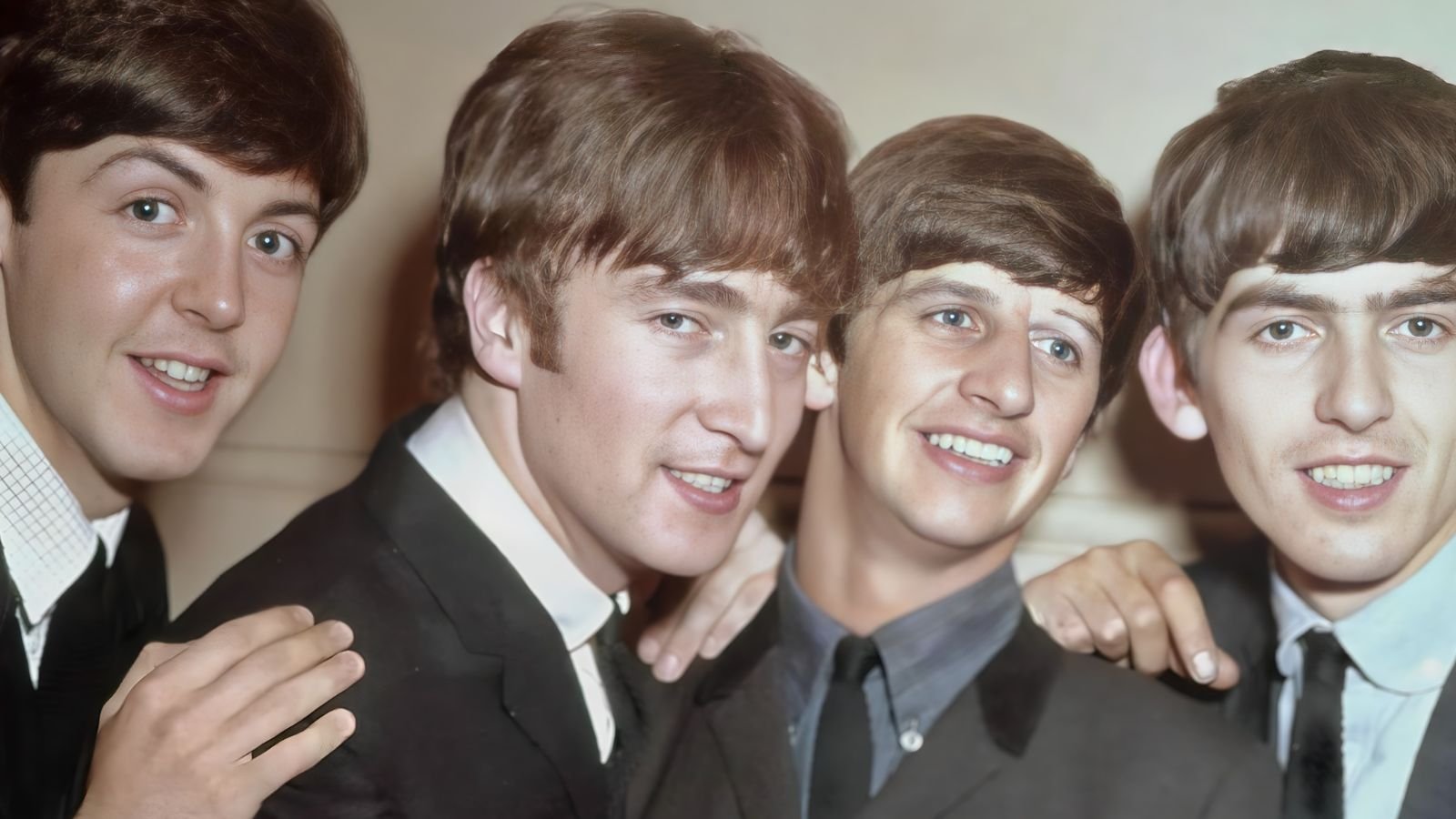
The Fab Four were in escape in the 1950s and ‘60s, and for many of our readers, that sentence will not be understandable. There were only three television channels, there were six different magazines, and on the front of every single one of them were four pasty white dudes with mop haircuts.
Well, you might not associate that band with rock music, but I would point you towards the famous George Harrison tunes, While My Guitar Gently Weeps, for example, she’s So Heavy, comes together, all of these have incredibly large and distorted instruments, which would be as shaking as WAP was too conservative parents just a few short years ago. They are obviously at the top, and it’s not a question.
2. The Rolling Stones
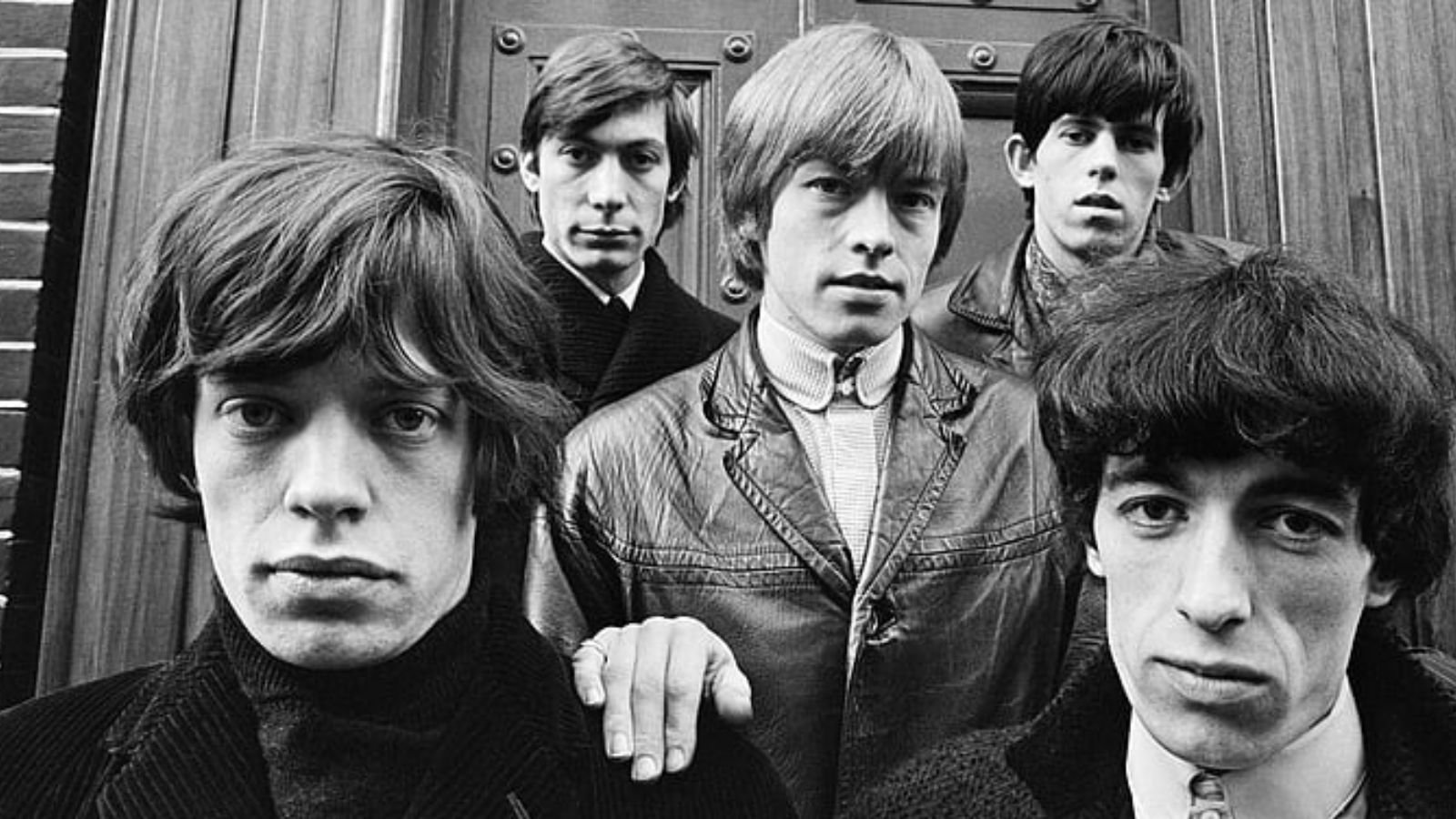
A lot of people love the Rolling Stones because they were a workmen-style pub band that didn’t care about being able to play the best that they possibly could. That might be off-putting to some people’s instrumental, skill, technique, and songwriting practices very seriously (me), but a much larger percentage of listeners responded to the raw stripped and honest that the band was.
There has always been an issue with the genre, and there was something very refreshing about seeing a very thin man take his shirt off and do a little dance and put a show on.
For your guitar heads out there, famously Keith Richards does not play with a high string on his guitar, converting the six-string into a five-string. He has said in an interview this is because he likes the way that the notes ring out when there’s less information, giving the guitar more room to sing. He could, of course, just not play the string, but that isn’t the point. The Rolling Stones are much more of a statement band and an attitude band, and they are impossible to separate from the genre.
3. The Who
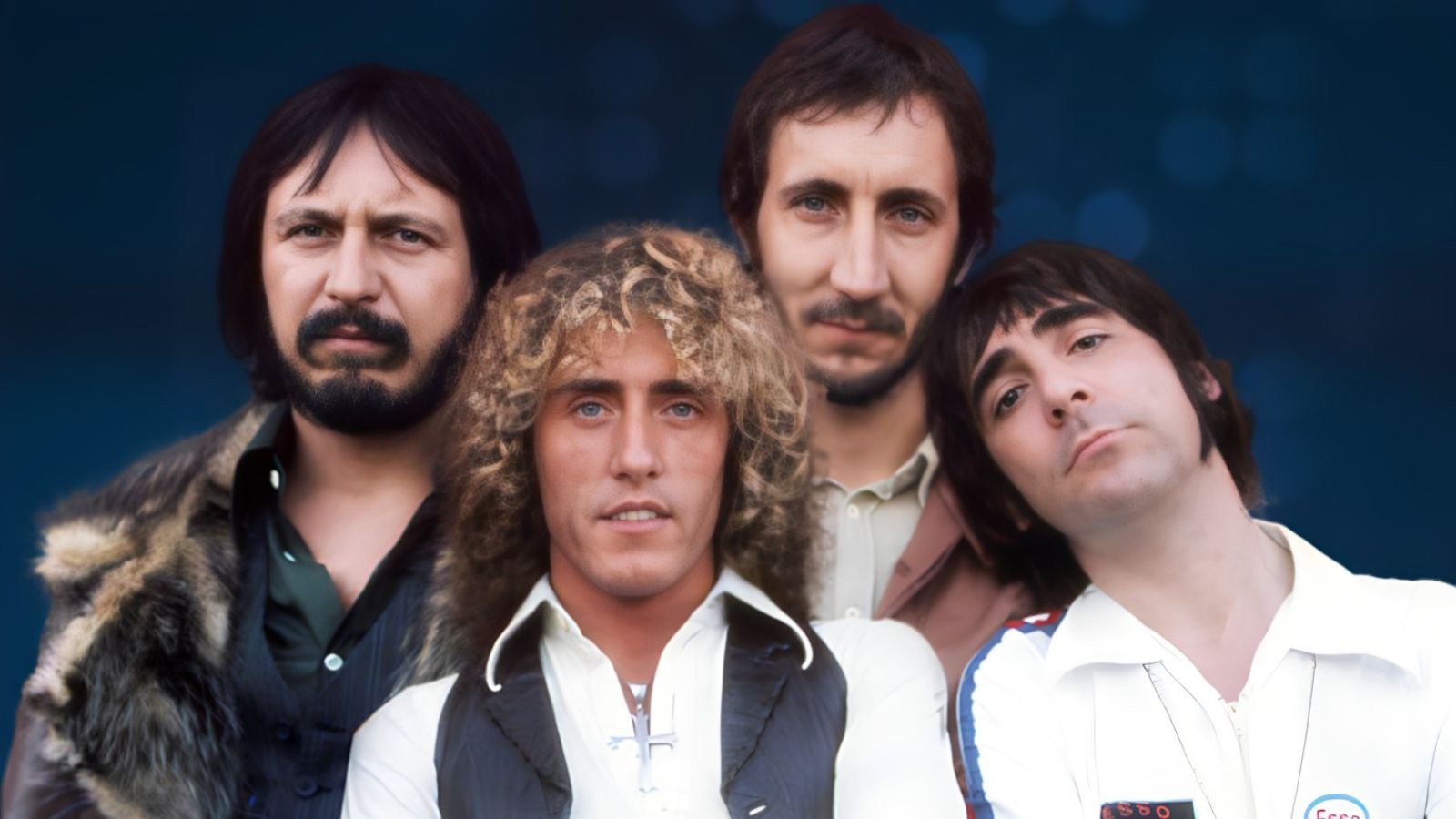
So what if you could imagine a band that has all the same attitude and lack of protection as the Rolling Stones, but then you added theatrics? That’s a pretty good idea.
What if the guitar player was famous for whipping his arm around his body as if that would help somehow? Seems like a pretty good idea too, people would like to see that.
For many people who were born too late, they just never made sense to them. And that’s because we are very used to spectacle. We are very used to seeing music through video filters and electric light shows and fireworks displays.
But there was a time when being a musician meant you had a clean haircut, a collared shirt, a suit, jacket, and you shined your shoes. no one had thought to combine flashy, sequin outfits, fringe, and long-drawn-out piano solos. It turned out to be a winning combination, you could draw a straight line from The Who directly to Van Halen 1984, without skipping a beat.
4. Led Zeppelin
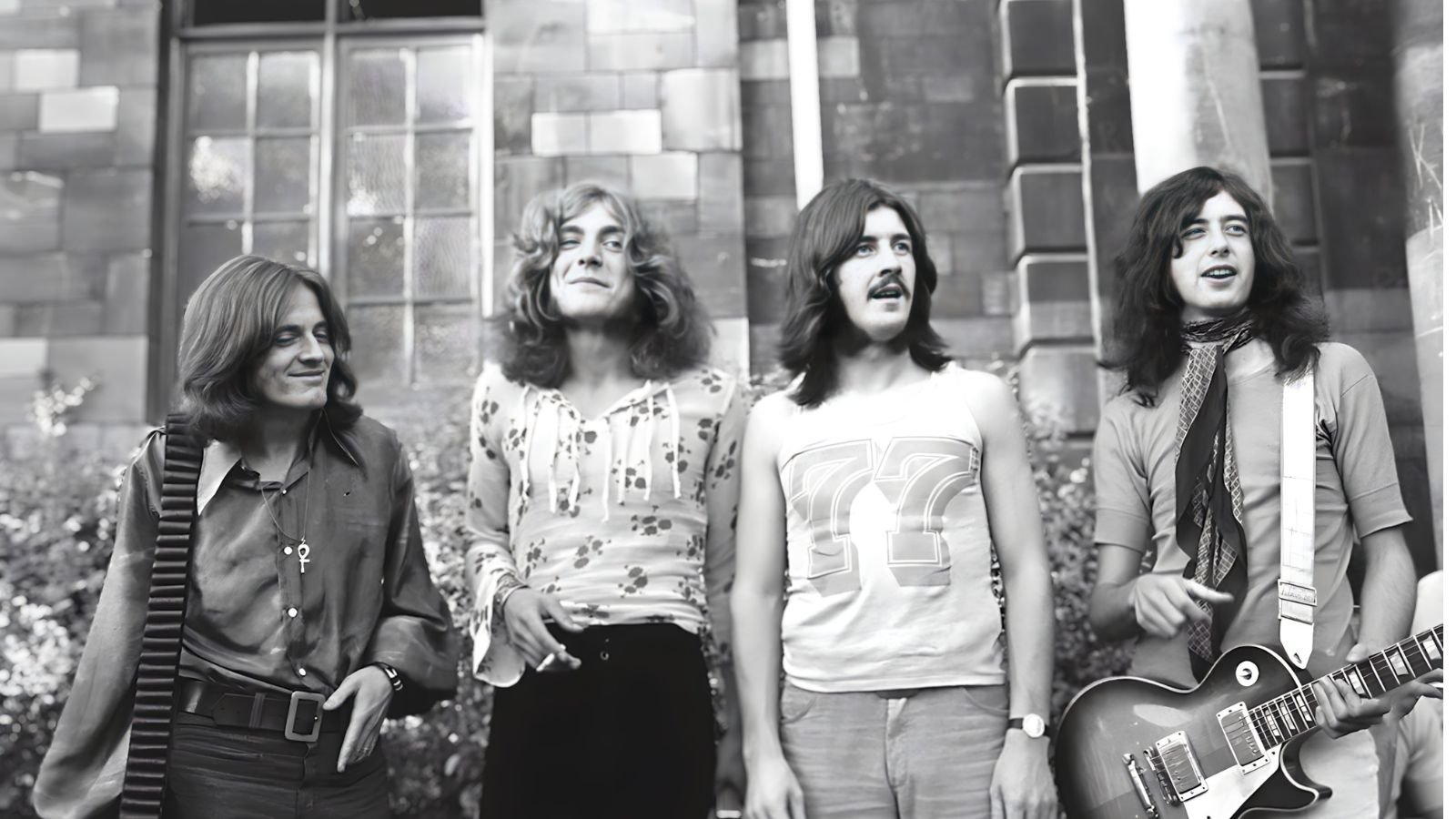
This band is the quintessential rock band, it stood for I was cool in high school. It was okay to listen to someone talk about their feelings, and I knew enough about music to listen to a guitar solo for six minutes.
It also meant that you knew something about Drums and interesting things about recording techniques, the riskiness of being into music, and satanic influence.
Unfortunately, the more that you investigate the music of Led Zeppelin you realize that it was not Satan’s influence, but the influence of poor black men and women in the United States. There are almost too many compilations of Led Zeppelin songs that are one-to-one exact copies of an early blues musician, where the lyrics are very slightly changed, but the riffs are the same.
It is up to you to decide whether this is inspiration or influence, but in 2024 it seems very strange to celebrate the work of genius, when we can see where it was stolen from — and not piecemeal, but whole cloth.
5. Jimi Hendrix Experience
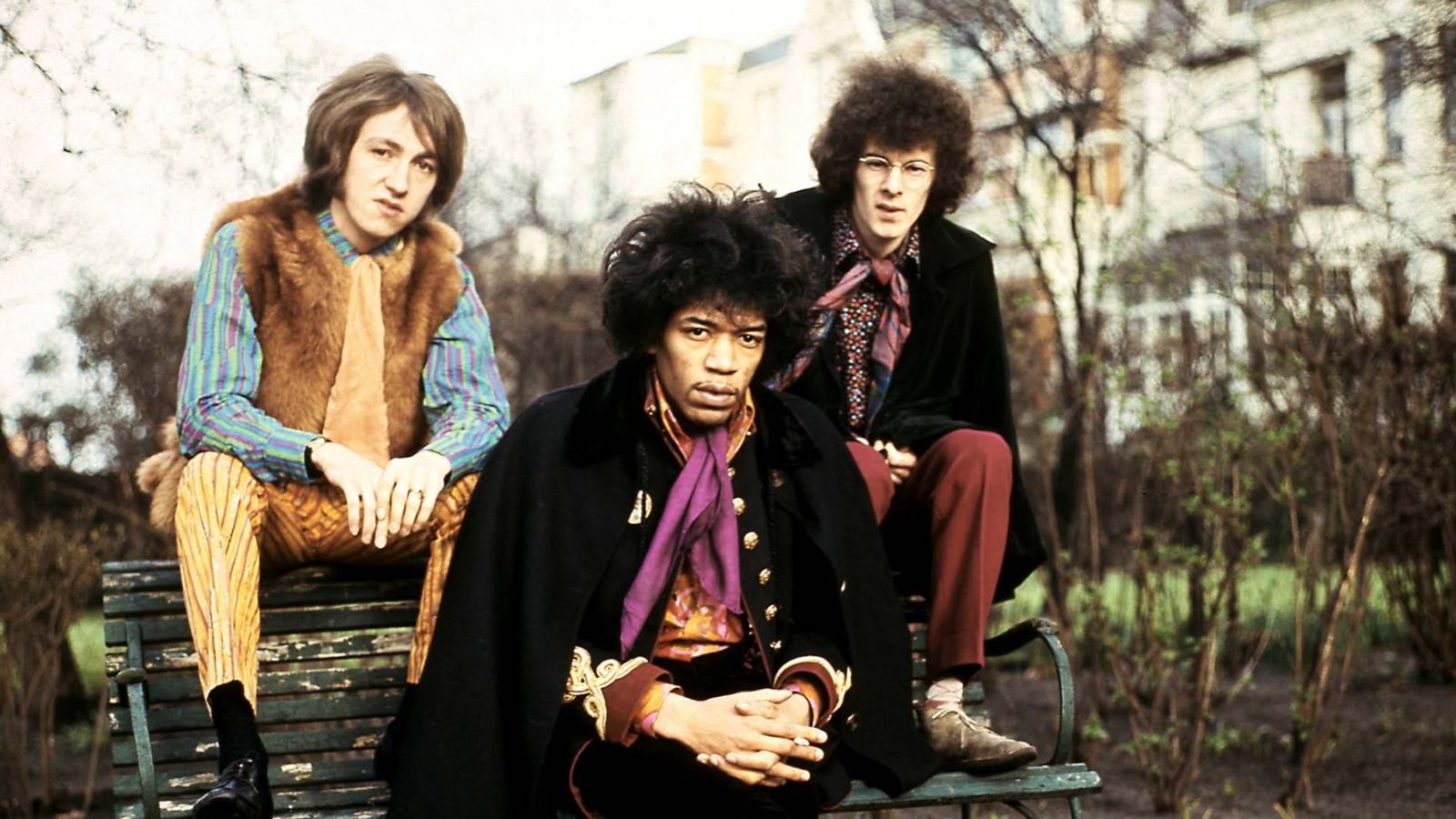
You couldn’t tell a better story than that of Jimi Hendrix in the eyes of American youth in the 60s. Jimmy was a poor boy from Seattle who joined the paratroopers. learned to play guitar in the military band, jumped out of a helicopter, landed at Woodstock and set his guitar on fire, dying at 27 of having too much s**.
In reality, however, Jimi Hendrix was a deeply private man who loved to practice more than he loved to get high and spend his time listening to records and learning from his contemporaries like Jeff Beck. His studio recordings are unimpeachable, but even the biggest fans will agree that many of the live albums don’t live up to your memory. Still, however, an all-time great inspiration.
6. Black Sabbath
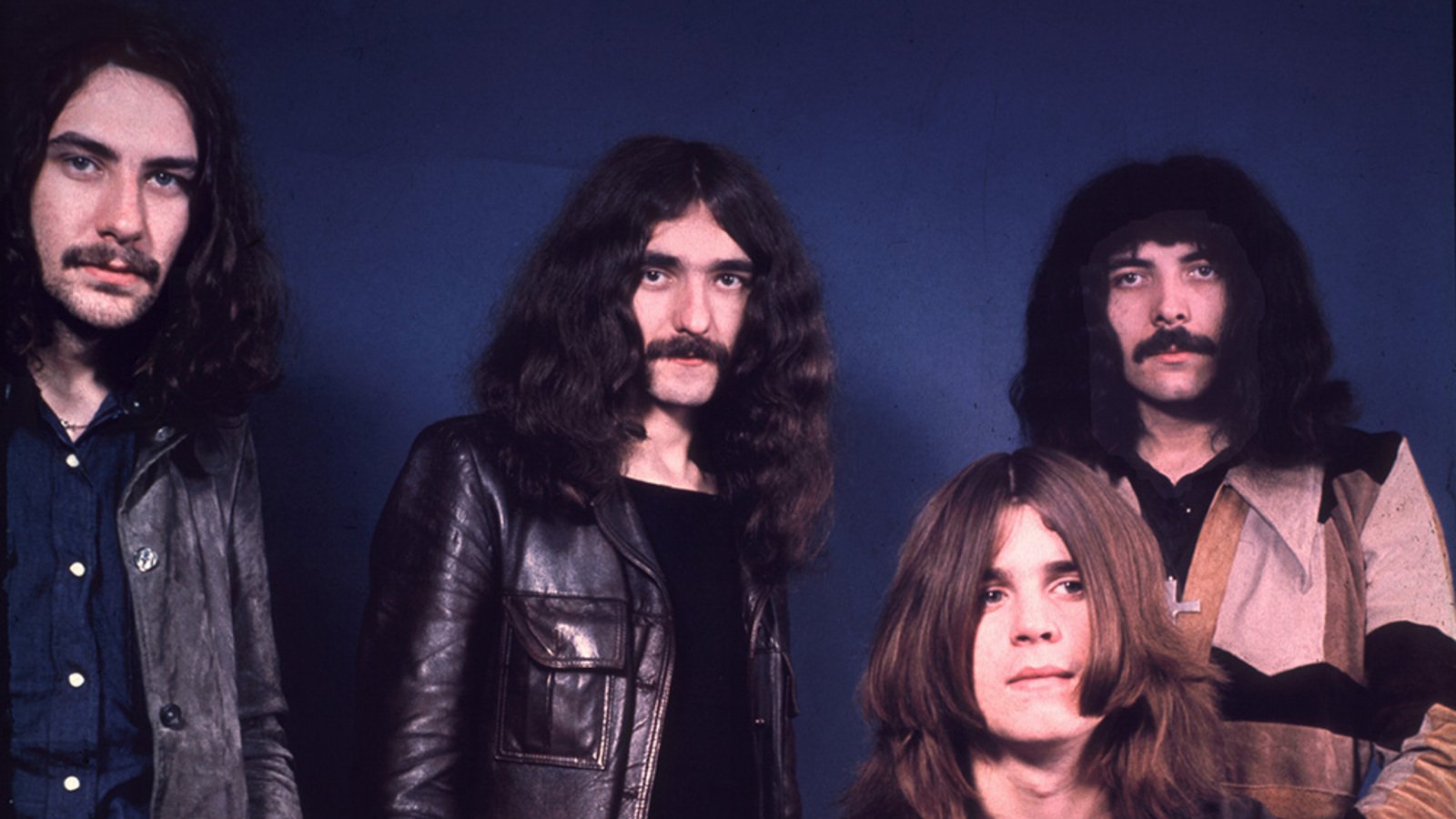
A lot has been written by Black Sabbath on this very website, so feel free to check out those articles here. However, what might be more important for you to realize is that Black Sabbath began the movement of heavy rock in the West.
Combining broken, distorted guitar amps, with huge-sounding drums, and incredibly political and critical lyrics, they set the rubric for all rock bands to follow after.
7. Cream
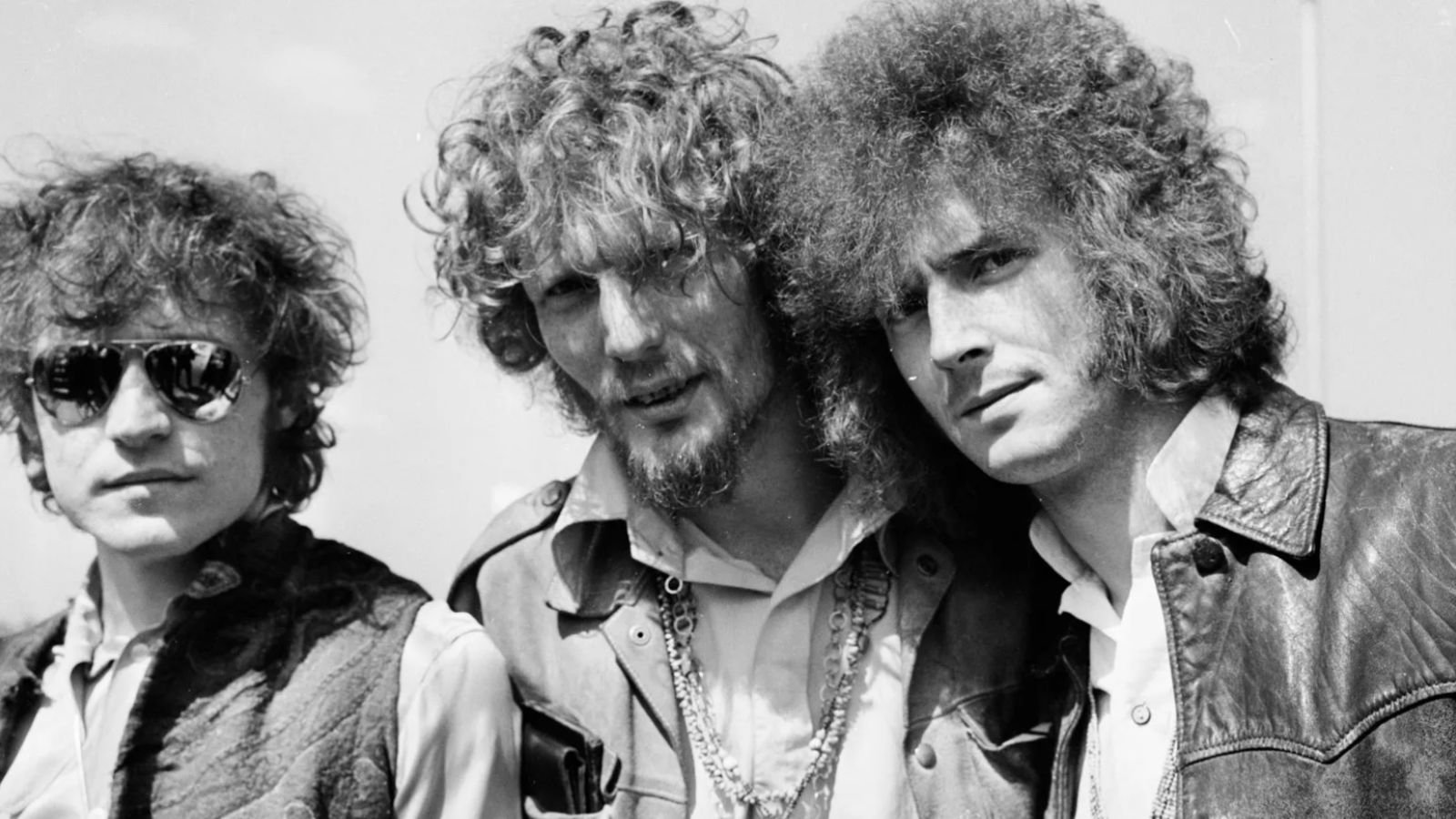
It is very difficult to talk about cream without talking about the members of the band. Jack Bruce and Ginger Baker were all Accounts incredible musicians, who had drug problems.
Eric Clapton, known as a God to some, should more commonly be known as an incredible racist and bigot. Read more here if you like about live recorded rants that he made in the ’70s, protesting that it was important to “Keep England for the English, and keep England white”.
Here’s the quote from Eric Clapton, Live, 1976 in Birmingham:
“Do we have any foreigners in the audience tonight? If so, please put up your hands … So where are you? Well wherever you all are, I think you should all just leave. Not just leave the hall, leave our country … I don’t want you here, in the room or my country. Listen to me, man! I think we should send them all back. Stop Britain from becoming a **** colony. Get the foreigners out. Get the wogs out. Get the coons out. Keep Britain white …”
Let us do our best to forget terrible old racists, and let us find better people to celebrate.
8. The Yardbirds
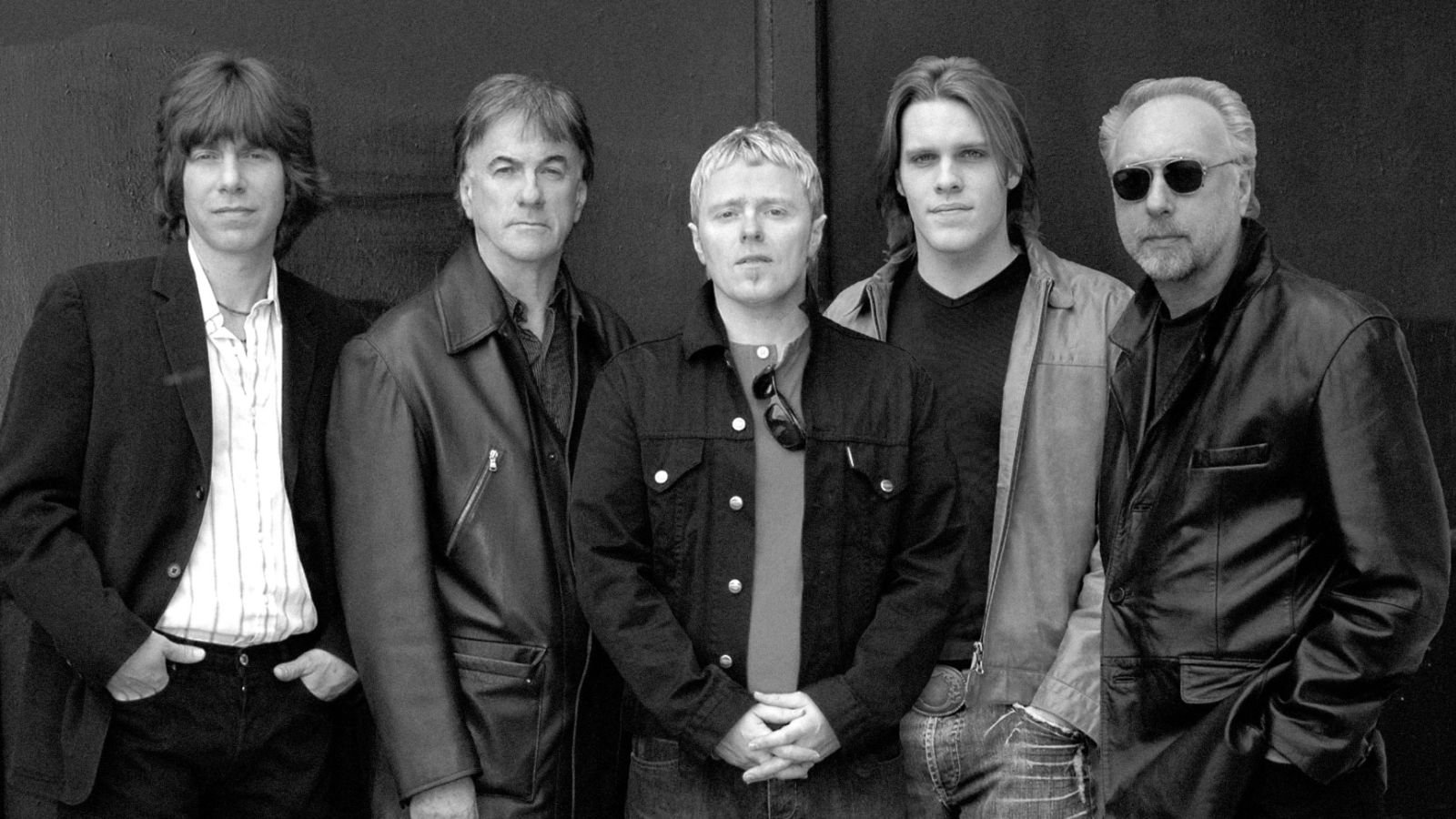
Starring two of the most influential guitar players of all time, Jimmy Page, and my father’s favourite guitar player, Jeff Beck, this early Proto supergroup led the way for all guitar-driven rock music hailing from England.
The band survived after those two left, notably, they had no hits but spun off into other incredibly important rock bands.
9. The Grateful Dead
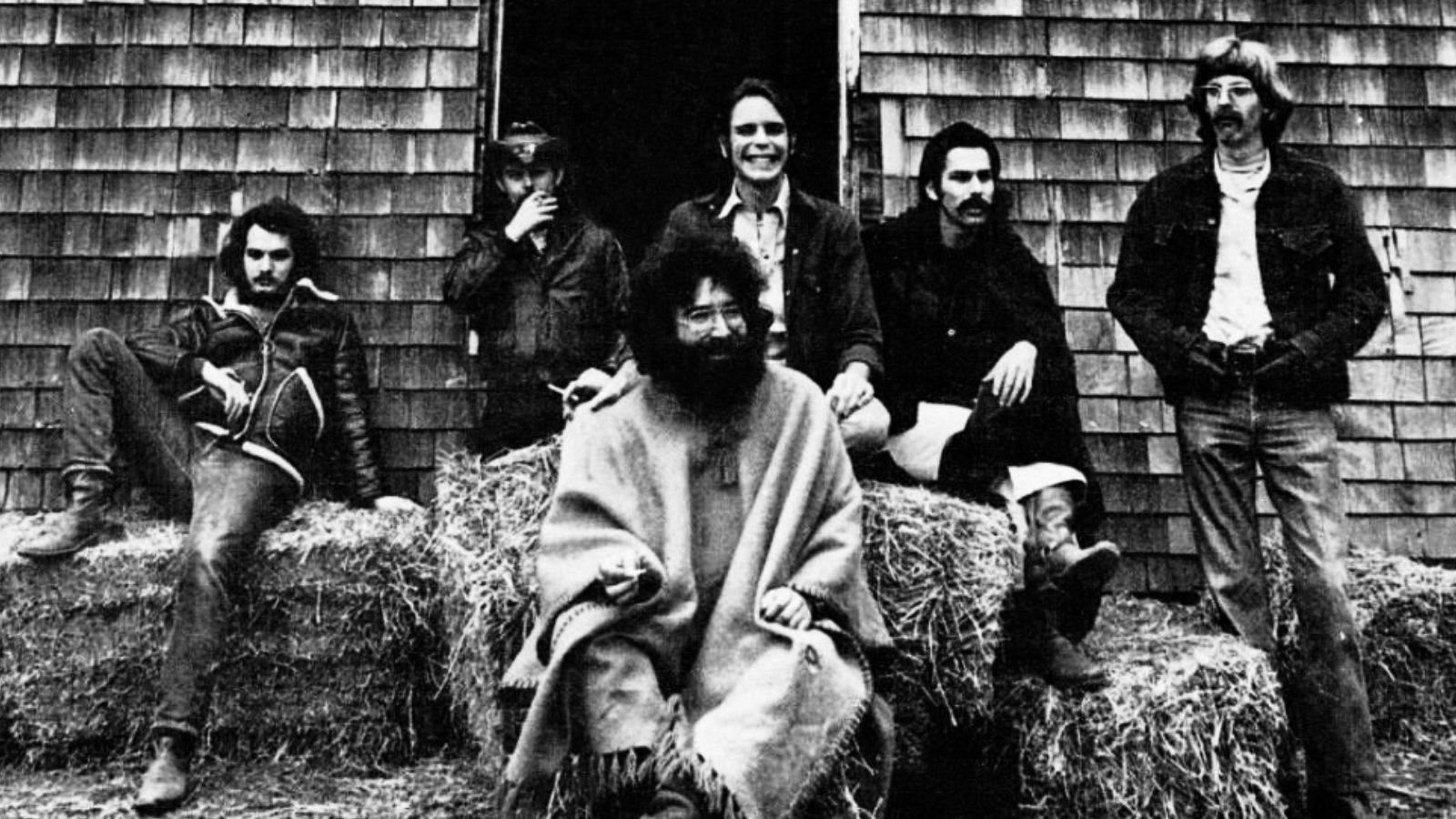
How can you argue with the influence of this band, even if you are not a fan of jam music? it is very difficult to find a subculture that fits you, and much more difficult than that to invent a new subculture.
Deadheads set the highest standard for fan appreciation, even today in 2024. Fans created magazines, popularized live recording techniques through making bootlegs, and found a way to provide a relatively niche mostly instrumental rock band support so that they could tour almost constantly for 15 years. You can’t argue with that.
10. Velvet Underground
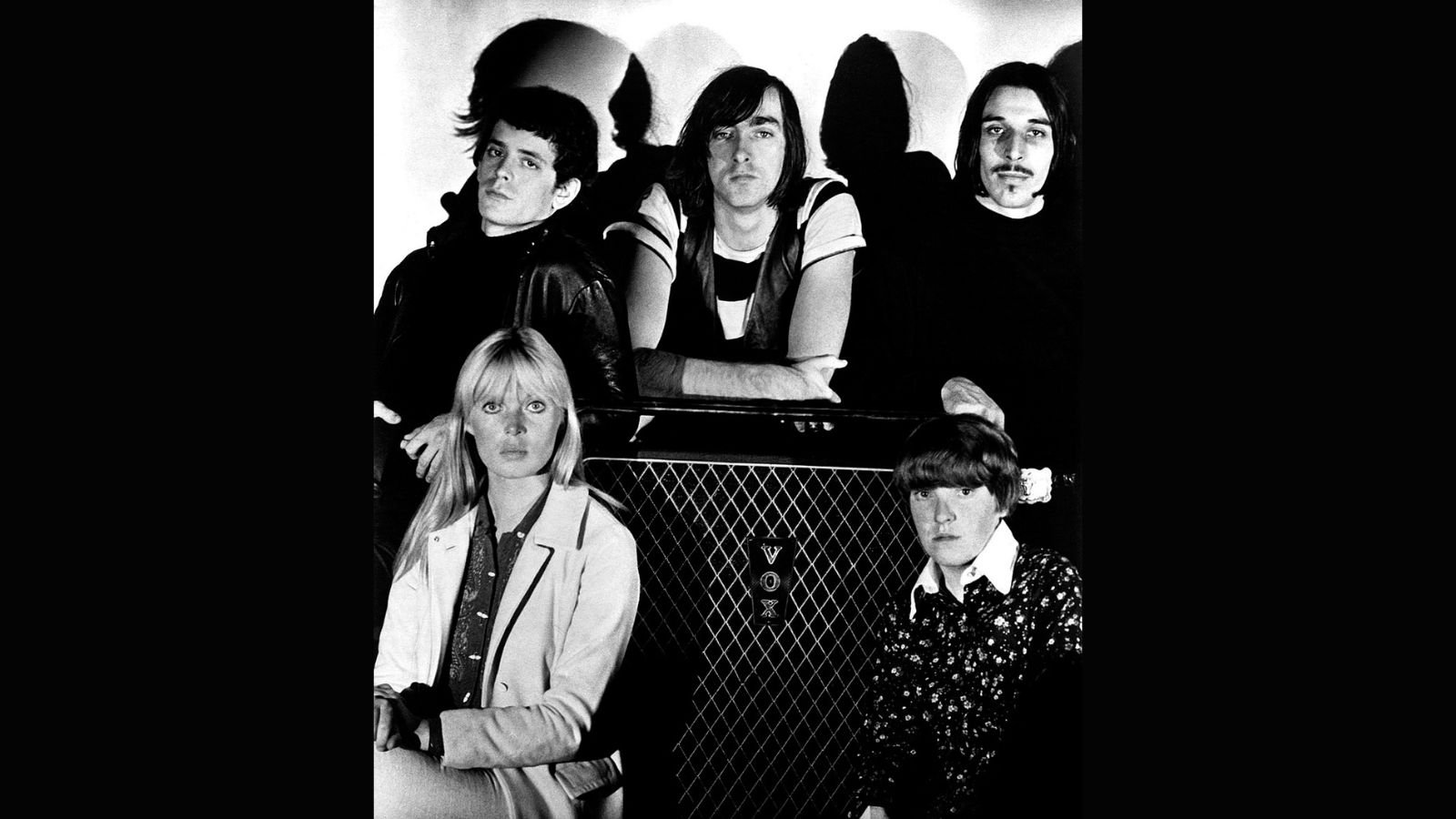
We’ve all seen the Nico and the Velvet Underground T-shirt, you know the one, with the big banana on it that you see dudes. You know, the one that you could just buy at every single store in every mall, all around the world, next to a Che Guevara T-shirt, that’s the one I’m talking about.
If you didn’t know, that banana is a banana, and it represents a band called the Velvet Underground. They are responsible for creating the mod movement in England, perhaps responsible for bringing Andy Warhol to the forefront of all artistic thought in the 60s, and for launching the incredible of Nico.
11. The Supremes
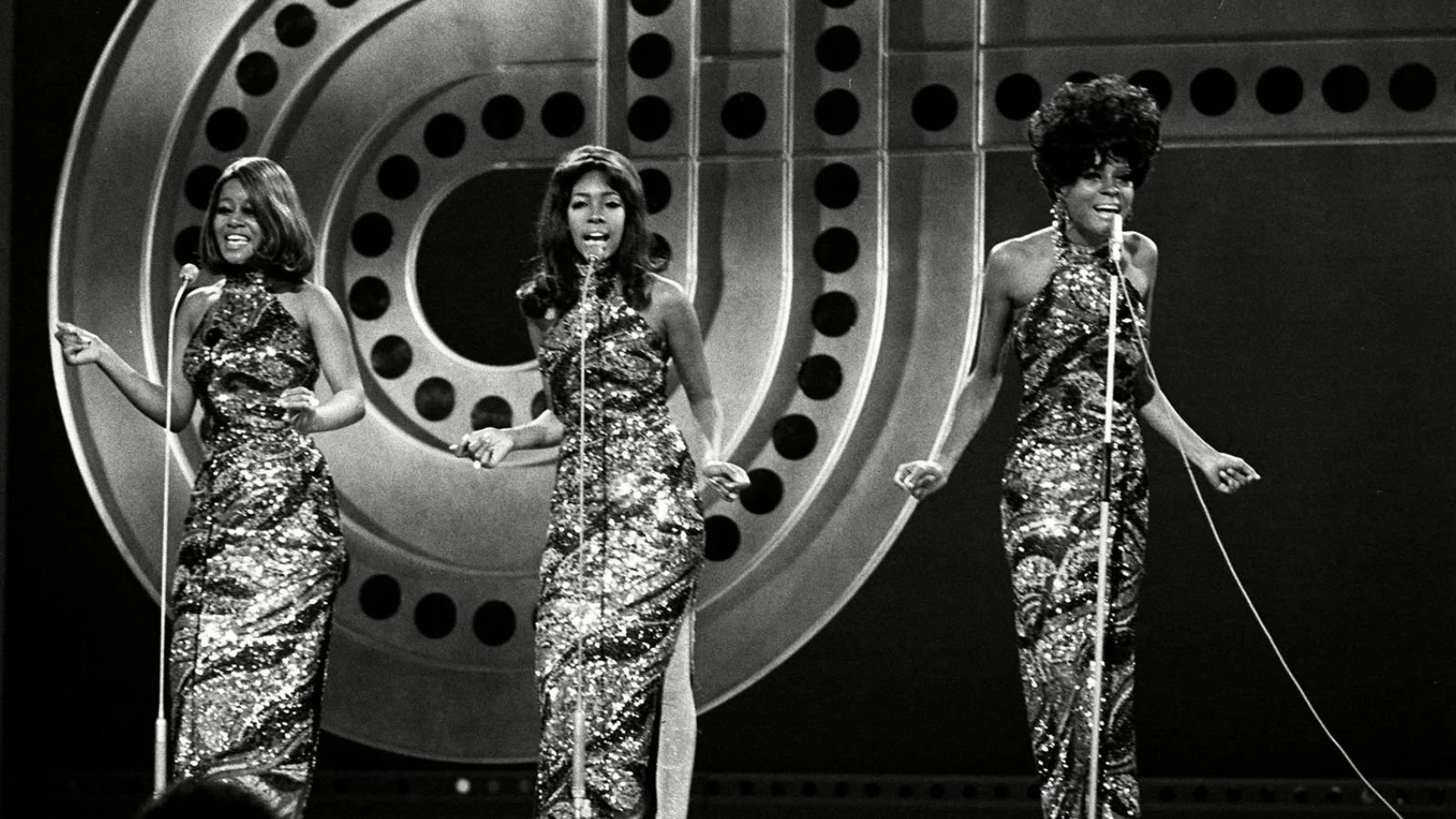
The Supremes may be an outlier for this list, but when you think about the influence of rock bands in the 1960s. You have to remember that rock bands mean very different things. When Diana Ross became the highlighting name for the Supremes in 1967, the band became super sensational.
In addition to having a 50-year career, they also achieved 12 number-one hits, and are our representative of Motown on this list.
12. The Byrds
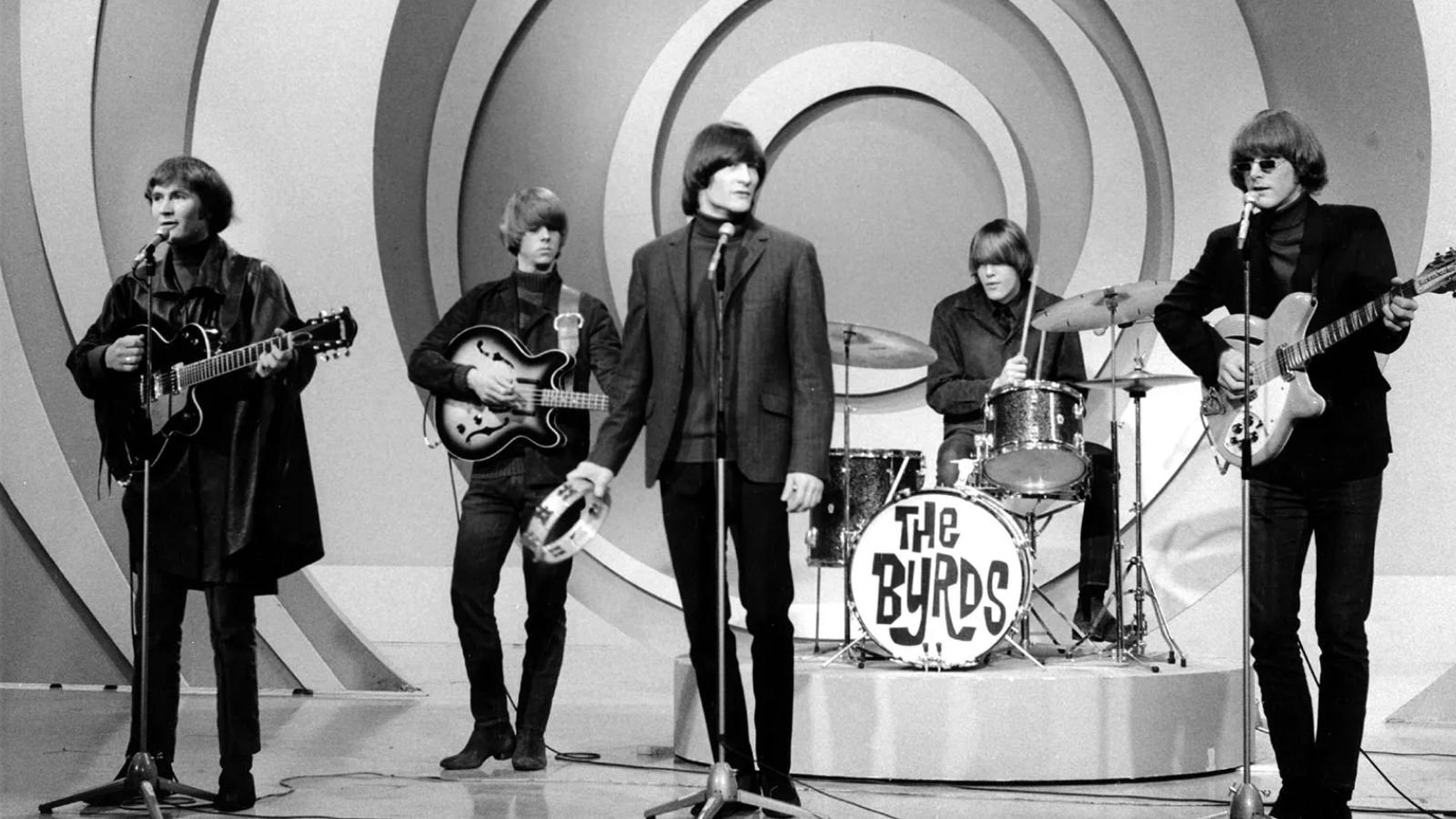
Unless you were very cool in the 1960s or lived in Los Angeles, there’s a chance that you didn’t know this band. You might know the name, David Crosby, who started with this band before joining Crosby Stills and Nash, among the other iterations, even with Neil Young.
Important to note this is the first band that I remember ever having very guitars written into the music, as a feature. There was a time in the 1960s when if you had a jangle-sounding single pick-up Fender guitar, you were a country artist. That is not so true today, but this band reclaimed it as part of the rock and folk genre forever.